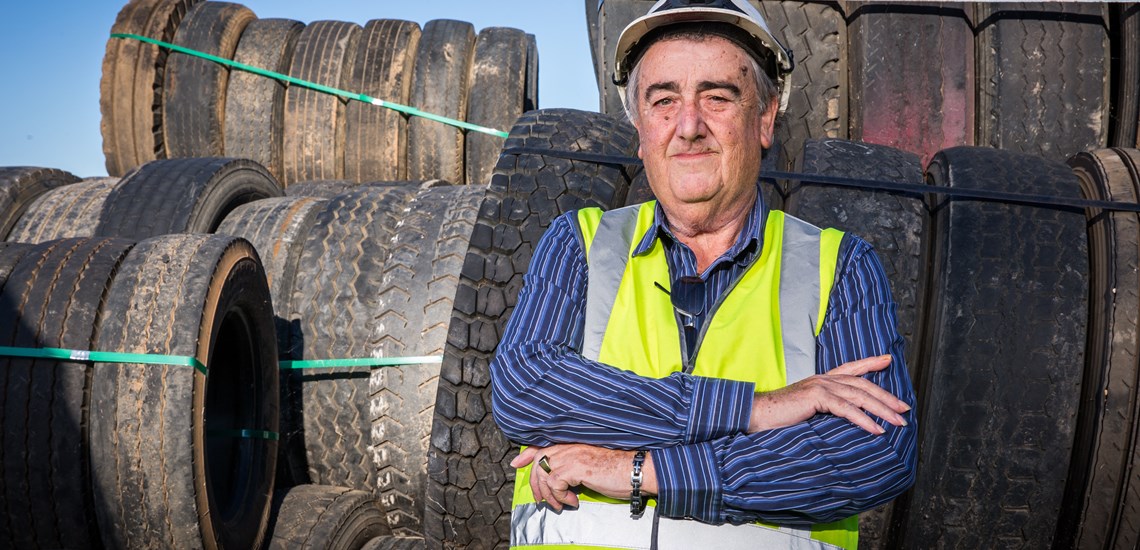Green Distillation Technologies, which has been promoting the development of its pyrolysis project to produce steel, oil and pyrolysis black, has now joined the race to produce hydrogen.
Green Distillation Technologies Joins the hydrogen Game
A hydrogen producing technology is also being pioneered in the UK by Waste2Tricity (W2T). W2T has an exclusive geographic license with PowerHouse Energy, an AIM listed business that has developed a Distributed Modular Gasification system that is able to convert unrecyclable polymers into high-grade hydrogen for use as a transport fuel whilst also generating power for export by private wire or to the grid.
In Australia, GDT’s technical director Denis Randall said that although their tyre recycling technology is already a commercial reality the further post process development of their products has shown it has much further to go than just the destruction of tyres.
“Once you have a carbon source at negative cost, through the destruction of a difficult to dispose of waste, such as tyres, many reduction technologies become commercial including secondary water gas reactions to produce hydrogen for subsequent use in efficient hydrogen cell electricity production,” he said.
Denis, who has a PhD. plus degrees in chemistry, mathematics and metallurgy, said that initially his idea behind the development of this technology was for garbage waste disposal, because he lived in Indonesia and the Australian Embassy was just down the road from a very smelly garbage tip.
“Hence the design had to be one of relative low cost and in my mind had to be environmentally and technically suitable for a developing country like Indonesia.
“However, for personal reasons I returned to Australia where people knew of my developments and asked me if this process could be used for destruction of end-of-life tyres to which I replied ‘it could’, in fact any organic material can be deconstructed this way,” he said.
Green Distillation Technologies started in the small country town of Warren in Western New South in 2009 when Denis Randall started his first experiments to prove his theories. Two other partners, Craig Dunn and Trevor Bayley, who brought the essential skills of finance and management to the mix, backed him. This team is still the essential core of the operation.
Trevor Bayley, who today is the Chief Operating Officer and calls Denis the ‘Wizard of Warren’ said that the key to the hydrogen development was the low cost of the raw material, namely end-of-life tyres that are a world environmental problem.
“In the process we are currently commercialising, the tyres require no pre-treatment and we produce a high value oil, plus carbon and the steel tyre beading and those products provide an excellent financial return.


















